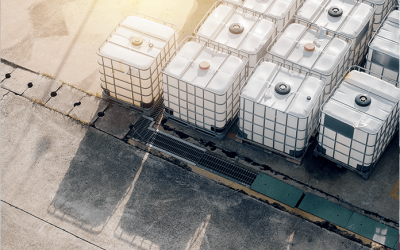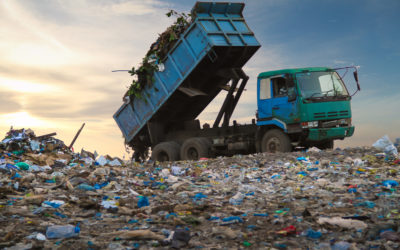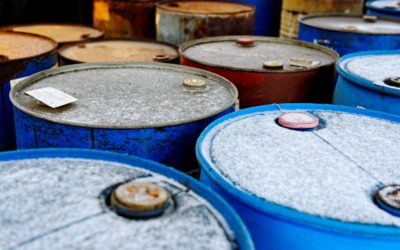Any time you dispose of waste into a container, that container must be able to safely store that waste. That means that containers have different specifications, depending on the type of waste you’re putting into it.
Service Request
Have waste that requires compliant handling or disposal? Fill out our service form and an MCF Environmental Representative will get back to you quickly with next steps!
Please note we do not provide disposal services for household waste













